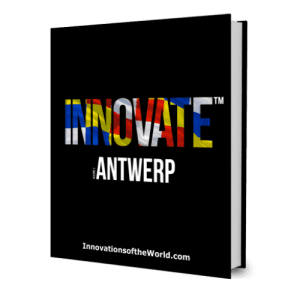To me, social impact is the reason for our organisation’s existence. A chamber of commerce is not there to serve the private interests of a few individual companies, but to help an entire region grow. I have always been a firm believer that you can only achieve prosperity through entrepreneurship, innovation and healthy competition. That was the reason why, when I was younger, I opted for a master’s degree in Economic Sciences at the Vrije Universiteit Brussel. Having grown up in provincial Limburg, I also got to know the vibes of the big city. I knew immediately that this was my favourite and my future lay in an urban environment. But it was here in Antwerp that I really lost my heart to a city and to the friendly patriotism of the locals.
In the early nineties, a search for a five-year project landed me at the Antwerp Chamber of Commerce. Four months later, I was put in charge of the Chamber and I have never let go of Antwerp since. This city is everything a metropolis should be: a magnet for young talent, an incubator for innovation and a political laboratory. In that respect, I am completely in agreement with the American urbanist Richard Florida: cities worldwide are setting the course for the future. Even more than before, they are hotbeds of new ideas and daring projects.
Even during my holidays, I like to wander around in a city, to discover why people want to live or invest there. I continue to be fascinated by how economic ecosystems develop or fail to develop.
Anyone who is the head of a large employers’ organisation must of course invest in a broad local network. But Antwerp has a world port, one of the largest chemical clusters in Europe and is a world-renowned centre for the diamond trade. Representing the needs of such an area requires me to travel a lot and look at things with a broad international perspective. Fashionable London, more laid-back Barcelona and vibrant New York are places that fill me with new energy and inspiration. Another important way to stay up-to-date reading, from the weekend Financial Times to the memoirs of world leaders and well-known economists.
Just a Quick Note:
InnovationsOfTheWorld.com has partnered with Trade License Zone (TLZ) to support global innovators looking to expand internationally. Take advantage of the UAE’s Free Zones—enjoy streamlined setup, low corporate taxes, and a strategic gateway to the Middle East and beyond.
Get Your UAE Free Zone License Fast & Easy!I also make it a point to update my knowledge and abilities regularly. In the past thirty years I followed several leadership and management programs at Stanford University and INSEAD in France’.
These are not optional exercises. The versatility and complexity of a Chamber of Commerce makes it necessary for all my staff and I to attend training courses on an ongoing basis.
At the start of my career, our organisation had 10 employees. Today, we have 60 employees. But I am most proud of the fact that, in addition to a broad portfolio of services and events, we have also drawn up our own economic future plan under the guidance of McKinsey. In this way, we have acquired a central position within the triple helix that determines the future of our region. In consultation with the Antwerp knowledge institutions, we have defined the key areas in which we want to excel in the coming years and translated them into business and government requirements via our 2025 roadmap. Two years before corona, we had laid the first building blocks for Vaccinopolis, a world centre of expertise for infectious diseases that is currently being built in Antwerp. This centre will form the basis for a whole new ecosystem around pandemic preparedness.
The government can also play a role in this kind of constellation. But then purely as a facilitator and director, not as a participant. That is a task for the private sector. The government’s main task is to guard the level playing eld when, for example, new environmental legislation is announced. Even more so if free market forces are threatened. The way in which Europe obliges financial institutions and large airlines to divest activities and slots as compensation for the subsidies they receive is a good example of how a government can guard economic balance, without steering them. That will also be the big challenge in the post-Covid era. Ensuring that governments provide sufficient and proper stimuli to the economy, without lapsing into statism.
The Nordic countries can serve as a shining example in this respect. At the beginning of the nineties, they evolved from a heavily indebted centralist model to a liberalised economy that retains strong social security. Their recipe for success consists of maximum activation of citizens, companies and governments. Each on the basis of its own strengths. We can all learn from this.















